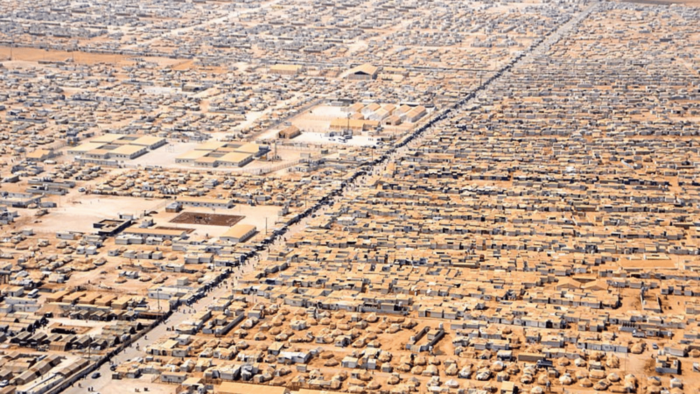This article by WRMC Honarary Chair HRH Prince El Hassan bin Talal of Jordan was first published in ISPI’s Mediterranean Dialogues.
On August 1st, the World Food Programme (WFP) announced significant cuts to its monthly food assistance for the 465,000 refugees it supports in Jordan. The reduction in support for these vulnerable populations poses a severe risk to their safety, health, and dignity depriving more than 50,000 individuals of much-needed assistance. Despite its efforts, the WFP still faces a critical funding shortfall of US$41 million until the end of 2023, which may necessitate further reductions in assistance.
Over the course of the last few decades, I have personally borne witness to Jordan’s unwavering efforts in opening its borders to millions of refugees fleeing from neighbouring countries, time and time again. However, sustaining this support has become increasingly challenging. Refugees in Jordan, along with millions of others worldwide, are struggling to meet their basic needs as funding cuts threaten their already precarious existence. The reduction in support for these vulnerable populations poses a severe risk to their safety, health, and dignity. As such, we find ourselves at a critical juncture that demands a united response.
Our shared responsibility calls for collective action to ensure that all forcibly displaced people, regardless of their origin, race, or religion, can live dignified lives and are not rendered invisible by the world’s indifference. The principle of burden sharing should not be applied selectively, favouring one group of refugees while reducing support for others. The number of refugees displaced by the war in Ukraine is staggering, and their desperate need for assistance cannot be ignored. The response from different nations to their plight has been overwhelming and swift, demonstrating what the world can achieve when it acts decisively and responsibly. Let us now extend this sense of urgency and responsibility to all forcibly displaced people, ensuring they receive the assistance and protection they desperately need.
For decades, Jordan has been a refuge for many citizens in the region during their times of dire need. In doing so, Jordan has demonstrated an exemplary model to the world, showcasing unparalleled hospitality and a willingness to share its meagre and scarce resources and infrastructure to welcome and support successive waves of refugees over time. It is crucial not to overlook or disregard this exemplary model, nor should it be neglected or abandoned by the international community merely because the focus has shifted to other conflicts.
We urge governments and international organisations to reconsider the recent cuts to funding for refugees in Jordan. The needs of these vulnerable populations have not diminished; they have, in fact, grown more pressing as the protracted nature of conflicts continues to push people out of their homes. Turning a blind eye to the plight of refugees is tantamount to forsaking our shared responsibility to humanity and human dignity.

